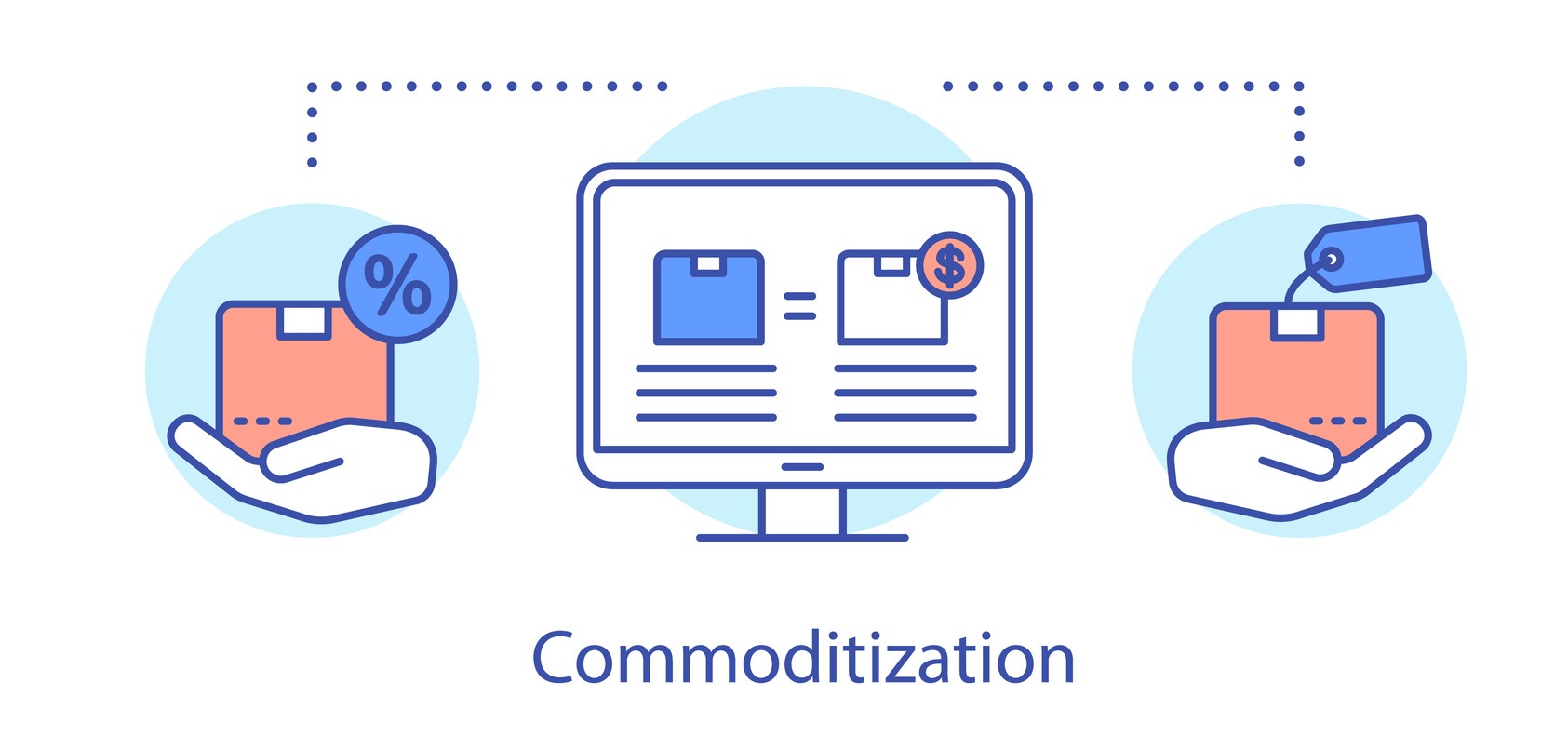The Role of Business Psychologists in Private Equity Firms' Transition to AI
The integration of artificial intelligence (AI) into the workforce has become an increasingly significant topic in the business world. As private equity (PE) firms and their portfolio companies begin to implement AI-powered chatbots like ChatGPT, it is crucial to ensure a smooth transition for employees and stakeholders. Business psychologists play a vital role in this process, as they focus on understanding and improving the human aspects of an organization. In this article, we will explore how business psychologists help private equity firms transition to using ChatGPT for job functions and why having the right C-suite team is imperative for implementing this new technology.
The Role of Business Psychologists
- Change management and communication
As ChatGPT becomes integrated into various job functions within PE firms and their portfolio companies, business psychologists help facilitate the process by implementing effective change management strategies. By focusing on communication, they ensure employees understand the benefits of adopting AI technology, addressing concerns and resistance to change (Caldwell et al., 2019).
- Training and upskilling
Business psychologists help design and execute training programs for employees to develop new skills required for working alongside AI-powered chatbots. They use their understanding of human behavior, learning, and motivation to create programs that foster a smooth transition and increase the likelihood of successful AI integration (Salas et al., 2012).
- Employee well-being and mental health
The introduction of AI in the workplace can lead to increased stress and anxiety for employees, particularly those worried about job displacement. Business psychologists can identify and address these concerns by providing support, guidance, and resources to help employees manage their mental health and embrace the benefits of AI (Pfeffer, 2018).
The Importance of the Right C-Suite Team
Having the right C-suite team is essential for successfully implementing ChatGPT in private equity firms and their portfolio companies. The top executives should possess the following attributes:
- Strong vision and strategy
C-suite executives should have a clear vision and strategy for incorporating AI into the organization. This includes understanding the potential benefits, risks, and impact on the workforce (Brynjolfsson & McAfee, 2014).
- Effective communication skills
The C-suite team should be able to communicate the vision and strategy effectively to employees, stakeholders, and investors, fostering a culture of openness and trust (Denning, 2011).
- Adaptability and willingness to learn
As AI technology continues to evolve, the C-suite team should be adaptable and committed to continuous learning to stay ahead of the curve and capitalize on the technology's potential (Schwartz et al., 2017).
Conclusion
The transition to using ChatGPT for job functions within private equity firms and their portfolio companies requires careful planning and execution. Business psychologists play a critical role in this process by focusing on change management, training, and employee well-being. Moreover, having the right C-suite team in place is imperative for successfully implementing this new technology, with leaders who possess a strong vision, effective communication skills, and adaptability.
References:
-
Caldwell, R., Dopson, S., & Wollin, D. (2019). Change and Continuity in Public Sector Organizations. In Perspectives on Change (pp. 101-118). Routledge.
-
Salas, E., Tannenbaum, S. I., Kraiger, K., & Smith-Jentsch, K. A. (2012). The science of training and development in organizations: What matters in practice. Psychological Science in the Public Interest, 13(2), 74-101.
-
Pfeffer, J. (2018). Dying for a paycheck



